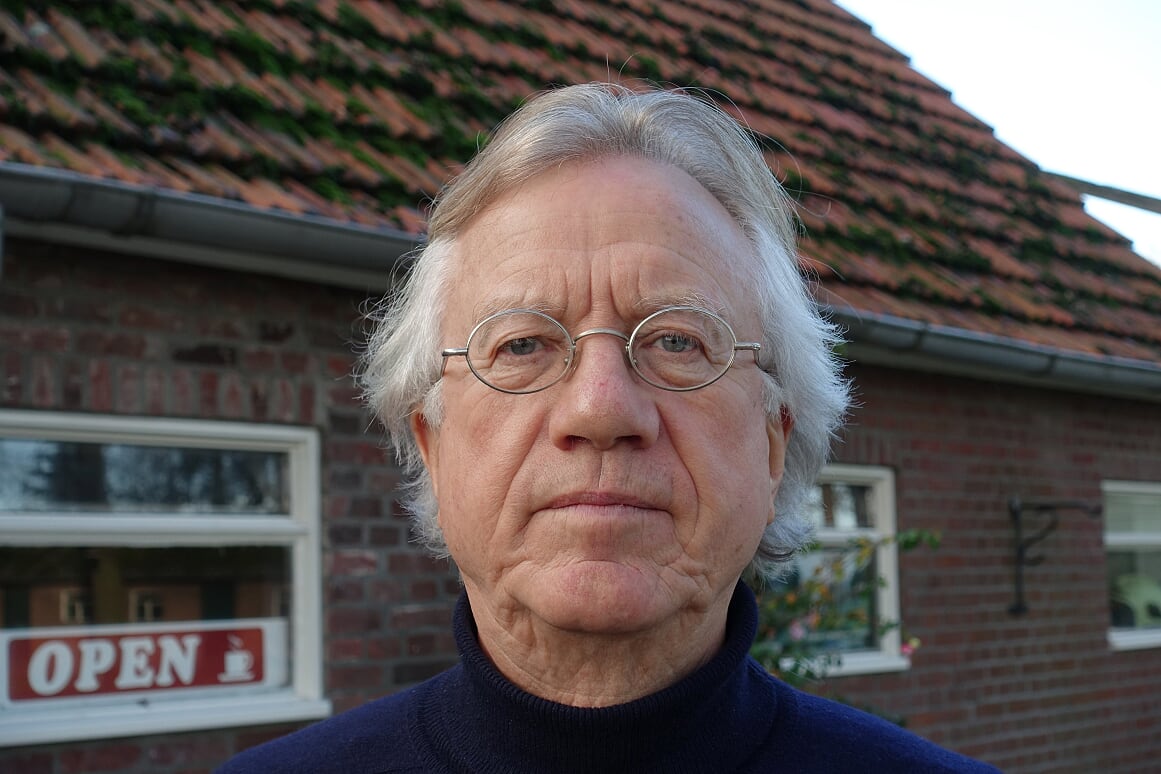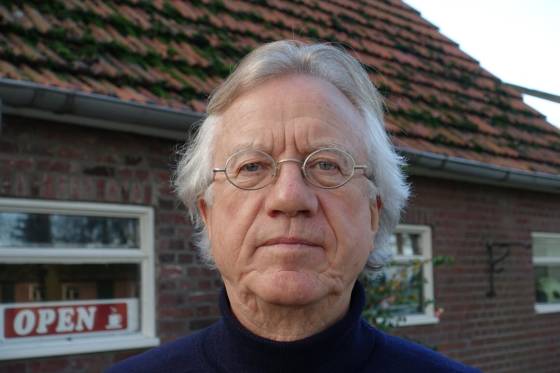Wynia’s Week: The creaking ‘party cartel’ is about to croak


Thierry Baudet’s frequent mention of ‘the party cartel’ has finally wiped the smile of the said cartel. If the three ‘people’s parties (VVD, CDA, PvdA and perhaps D66) can be considered ‘the cartel’ then it is losing power fast. The traditional parties still have a finger in every pie but as their support declines, that is bound to change.
The fact that these parties are falling out of favour was never more obvious than in the last provincial elections. The three parties which, in some configuration or other, have ruled this country for at least a century no longer command a provincial majority. Even with D66, which was a regular coalition member in the last 50 years, the cartel gained no more than 43% of provincial seats.
Compare this to 30 years ago when the combined vote for CDA, PvdA and VVD was as high as 81.,5% and 88.2 % counting D66. The erosion of power is now being reflected in the senate where the cartel now represents a minority. And that means the absolute power of the party cartel in numerical terms across the whole of parliament has been broken. For the last two years CDA, VVD and PvdA have been a minority in the house of representatives as well.
In the national elections of March 2017 only 39.37% voted for one of the traditional parties. With D66 in tow the cartel managed to scrape through with a small majority of 51.6%.
Unstoppable trend
The downfall of CDA, PvdA and VVD (and perhaps D66) is spectacular and appears to be unstoppable. In 1986 they garnered 85.27% of the vote and that has now gone down to not even half that.
Although political scientists put the end of pillarisation in the Netherlands at 1966 it would make more sense to pick 2019 for its demise. Perhaps the Dutch loosened their socialist and religious ties during the 1960s but that did not mean the pillarised parties and institutions lost their grip on politics and consensus politics.
It’s evident even now. The three classic government parties, with a combined membership of 111,000 (slightly over a third of the total), have a minority in the lower house of parliament and an even smaller minority in the senate as well as the provincial states, but they still rule the roost.
Whether it’s the national government, advisory bodies, public broadcasting, local authorities or ‘lobbycratic’ positions: the big three of the last century are continuing to wield power, minority or not. Until they don’t, of course. At least that’s what you would think.
Cartel: 9 out of 10 mayors
In the Netherlands nine out of ten mayors come from the ranks of one of the three traditional parties which, between them, occupy only four out of ten seats.
How can this be? There are many explanations. But one thing is certain: the fingers of The Hague and the king’s commissioner are deeply immersed in this particular pie and are pointing invariably at candidates of their liking.
King’s commissioners, it goes without saying, are also part of the cartel. Five hail from the CDA, two from the VVD, one from D66, and ChristenUnie – the youngest member of the self-appointed group of constructive’ parties – now also boasts one.
And take the Council of State, the cabinet’s most important advisory body. The advisory department of the Council of State is traditionally filled with former politicians or civil servants with a political profile.
At the moment it comprises people like Jan Franssen, Frank de Grave and Dick Sluimers, all VVD, and Ad Melkert, Ralph Pans and Nico Schrijver who are PvdA. Marijke Vos, GroenLinks and D66’s Thom de Graaf come from the senate – another shortcut which is popular in cartel world.
Close ties between Hilversum and The Hague
It would be too much to chart the whole of cartel world but public broadcasting provides a perhaps illuminating example. The Hilversum-The Hague combo is an interesting one because it reveals a mutual dependence.
Public broadcasting is dependent on money from The Hague and politicians like favourable media exposure. That is how public broadcasting companies originated: as the broadcasting/political arm of the socialist, reformed and liberal families.
In 2019 that means quite a few VVD members can be found in the upper echelons of the broadcasters because the VVD has the most votes and a prime minister to boot. Tjibbe Joustra is chair of the NPO while former VVD leader Ed Nijpels chairs AvroTros. Former VVD alderman Eric van der Burg is chair of NTR and former VVD chair Bas Eenhoorn of WNL.
That takes some beating although the links between KRO-NCRV with CDA (and GroenLinks) and Vara with the left in general and EO with ChristenUnie are evident as well.
But it’s not just broadcasting – the whole of the affiliated lobby culture is crawling with people from the traditional parties. They can be hired to penetrate into a political power block to an extent that is well-nigh impossible for those outside the loop.
These are parliamentary party workers who have, for instance, bagged a cushy job in the climate industry in order to promote their company or technology to the Binnenhof, or (former) MPs who are being paid to influence their colleagues, or (former) ministers who return to the senate to do some additional lobbying from there.
Is the VVD going the way of the PvdA?
This is how things are done in this country. But how long can it continue to be ruled along these atrophied lines? The people’s parties long enjoyed the support of the people and built their positions of power on the back of it. But once in power they started to take the voters for granted, a terrible mistake.
The CDA lost heavily, first in the 1960s and 1970s, then in 1994, 2010 and 2012. The PvdA lost in 1994, 2002, and 2006 and, by its own estimation, will never rally after the national elections of two years ago.
Of the Big Three only the VVD managed to keep its head above water but that is by no means a guarantee it will not sink in the future. VVD aldermen have said they want the party have its own message instead of Rutte’s government accords. And what if that doesn’t happen? ‘We will then go the way of the PvdA’.
The cartel is creaking, that much is clear. And the less its members realise it, the sooner it will collapse.
This column was first published in Wynia’s Week. Syp Wynia is a journalist and columnist who writes primarily on politics and economics, as well as Europe, migration and the government’s finances.
Thank you for donating to DutchNews.nl.
We could not provide the Dutch News service, and keep it free of charge, without the generous support of our readers. Your donations allow us to report on issues you tell us matter, and provide you with a summary of the most important Dutch news each day.
Make a donation